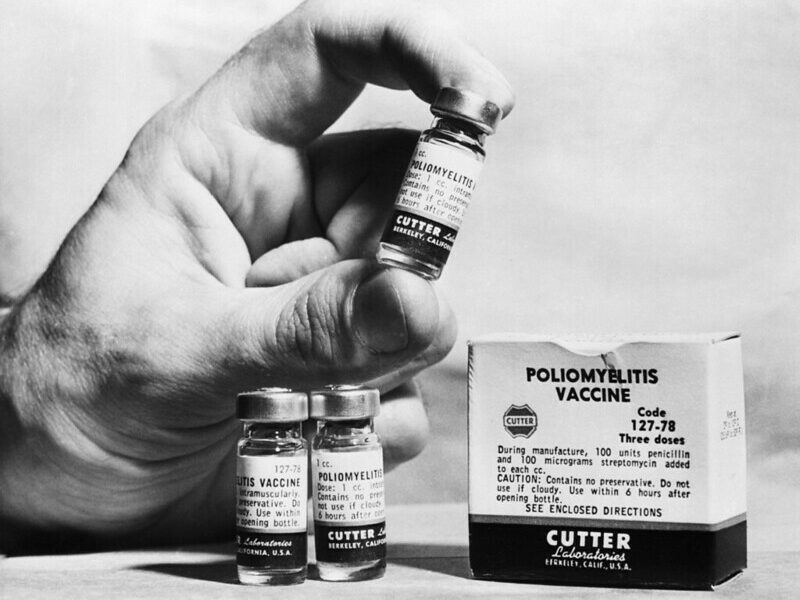On January 13, Healthmap reported on the emergence of totally drug resistant tuberculosis (TBR-TB) in Mumbai at the Hinduja National Hospital and Medical Research Centre. However, after an investigation, the Indian government has dismissed these claims and advises its citizens not to panic.
The Ministry of Health and Family Welfare sent a team of doctors from its Central TB Division and the World Health Organization to “ascertain the facts” surrounding the 12 cases. Seven of the 12 patients are now responding to treatment, three are in stable condition, and two have passed away. These cases are defined as Extensively Drug Resistant tuberculosis (XDR-TB), or even Extremely Drug Resistant TB (XXDR-TB). Neither the WHO nor the Revised National Tuberculosis Control Programme (RNTCP) recognize TDR as a term.
Additionally, the private city hospital is not accredited by RNTCP to test and diagnose patients with XDR-TB. Only three labs within the country have the authorization to do so. The ministry explains that in order to diagnose any type of drug resistant TB, a laboratory test is required, as a clinical examination alone is not sufficient.
However, the scare stimulated city officials to roll out a new, more intensive TB control project. A coordinated plan between various hospitals, Brihanmumbai Municipal Corporation (BMC), and the state government was developed to rapidly detect cases and provide medicine with a focus on early detection, adherence, and proper disease reporting. Additionally, any patient with drug-resistant TB will be treated for free by the government, even if he/she was not originally enrolled in RNTCP.
Dr. Zarir Udwadia is the doctor who headed the team at Hinduja as well as the author of the report published in 2011 in which the first four patients with TDR-TB were diagnosed. He criticizes the governments’ denial. “For physician and patient it’s not just a question of semantic – it’s a question of survival and mortality,” Udwadia tells Nature.
